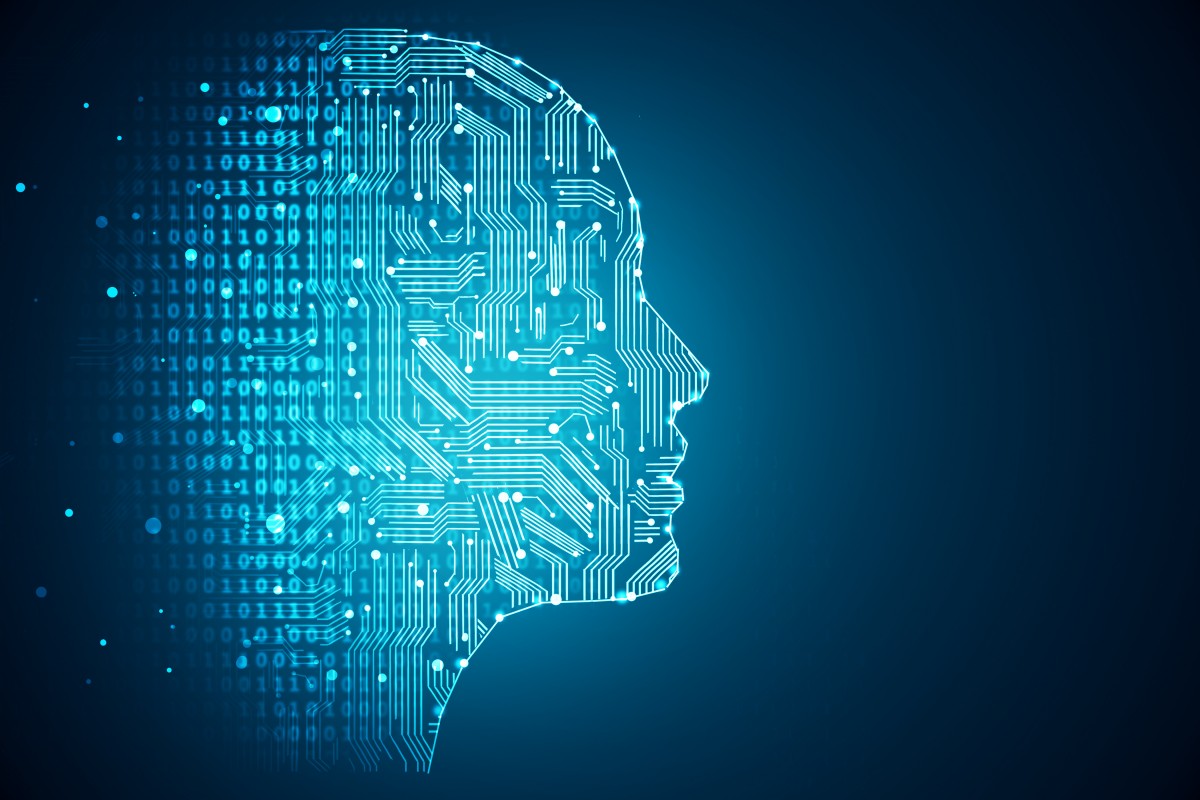AI and related technologies, such as robots, drones and autonomous vehicles, could provide a net boost to employment in China of around 12% over the next two decades, equating to around 90 million additional jobs and more than offsetting displacement of existing jobs.
This new analysis for China, launched at the World Economic Forum meeting in Tianjin, contrasts with PwC's earlier research1 suggesting a broadly neutral net impact of AI on jobs in the UK. In that analysis, PwC found that these technologies could displace around 20% of existing UK jobs by 2037, but could create a similar number of additional jobs by boosting economic growth2. Based on previous research, PwC judges that results for the UK are likely to be broadly similar to the average across OECD countries.
Relative to the UK estimates, China is projected to see a higher level of job displacement (26% vs. 20%) due to the greater scope for further automation in manufacturing and agriculture. But this is more than offset by the larger estimated boost to GDP in China from AI and related technologies, which will also feed through into much greater job creation there (38%) relative to the UK (20%).
John Hawksworth, lead author of the report and chief economist at PwC UK, commented:
"We expect the sectors benefiting most from AI and robotics in China to be those such as healthcare that combine strong underlying demand growth with a relatively high propensity to see benefits from applying these technologies. However, it is important to recognise that most of the new jobs created will have nothing directly to do with AI or robots, but will simply be the product of a richer society with consequent increased demand for goods and services of all kinds.
"While we project the net economic impact of AI to be positive in China, these technologies will be disruptive and our analysis therefore suggests no room for complacency. For governments around the world, the challenge is to maximise the benefits from these technologies, including continuing to invest heavily in the development of world class AI skills, while mitigating the costs to displaced workers through retraining programmes and a stronger social safety net, funded from the proceeds of increased economic growth. Only in this way can the potential benefits from AI and related technologies be spread as widely as possible across society."
Euan Cameron, UK AI leader at PwC, added:
"The estimated number of jobs that AI could create in China is high, due to the productivity and product quality gains they'll see from the high investments being made in developing AI and related technologies, as well as the STEM skills needed to make the most of them.
"There is undoubtedly competition to lead the AI race on the world stage at the moment, given the significant potential economic benefits that the technology will deliver. But much of the prize is still available for the taking - in the UK we need to make sure that we are able to access both the talent and investment that is needed to scale domestic innovation."
The study highlights great opportunities to business from investing in AI and related technologies in China, covering all aspects of operations from marketing and product personalisation to R&D, productive efficiency, human resource processes and cyber security. It also warns there is likely to be significant disruption to existing business models in all parts of the economy, as already seen in sectors like media, entertainment, finance and retail.




